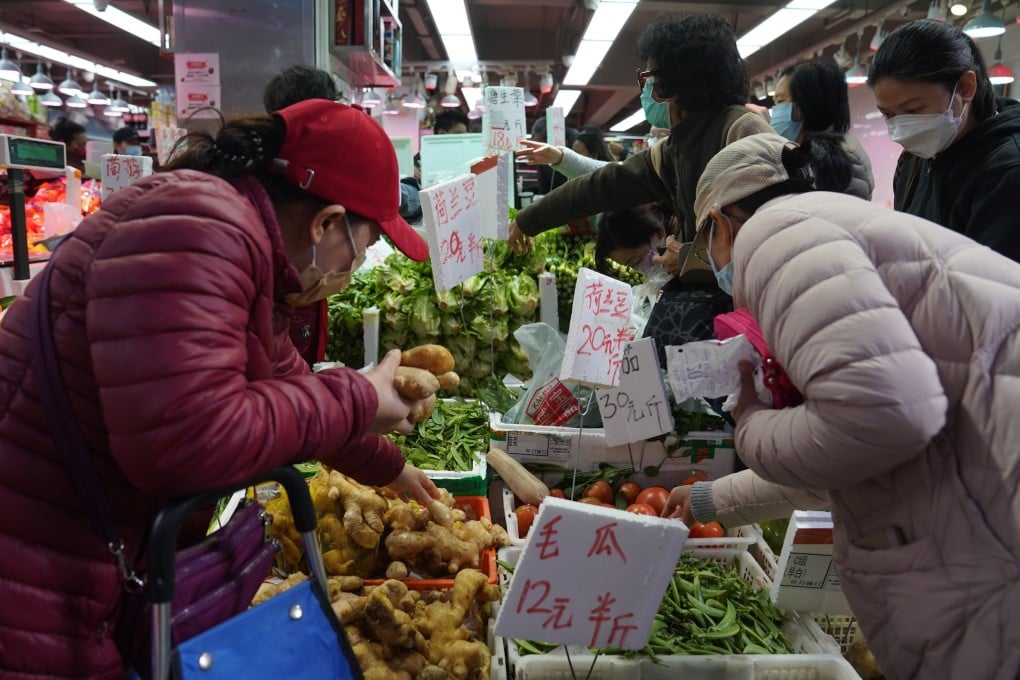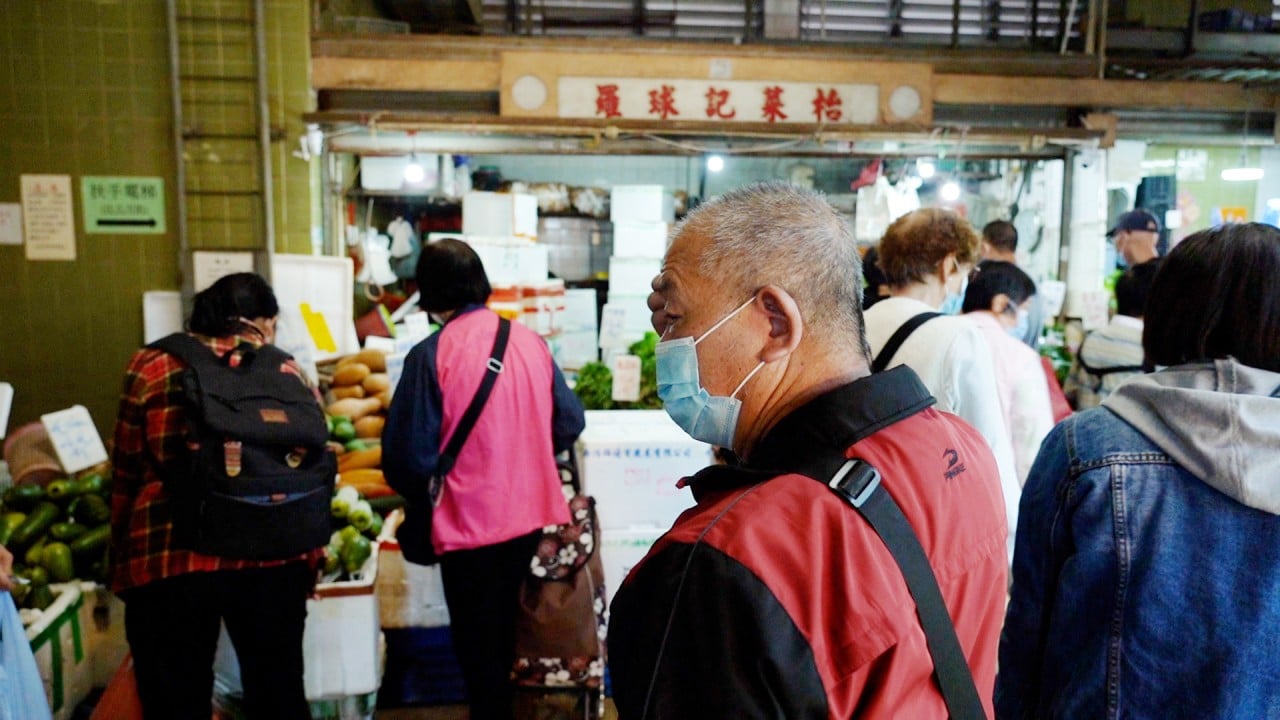Outside In | How Hong Kong inflation data obscures the insight needed to help poorer families
- While not inaccurate, the official figures have little meaning when it comes to assessing poorer households’ suffering or shaping public policy
- An inability to target government support will result in families not getting the help they need and taxpayers’ money being wasted

Heads of broccoli are also more expensive – usually three for HK$14 but last weekend up to HK$20 for a single head. Our cooking oil has jumped from HK$72 for five litres to HK$115, and our normal pack of salt has jumped to HK$4.90 after selling last month at HK$2.90.
It seems inflation has returned. As with the rest of the world, there are arguments about whether it is likely to be temporary or sustained.
And yet, if you ask our Census and Statistics Department, Hong Kong’s consumer price index (CPI) is up by just 2.4 per cent and by only 1.4 per cent when factoring out the government’s one-off relief measures in the past year. That all seems modest compared with the surge in the United States to 7.5 per cent in January and to 5.4 per cent in Britain.

